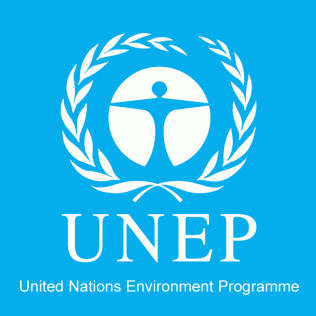UNEP fast action team expands battle against black carbon, methane, HFCs

On the eve of the UN Secretary General’s Climate Summit, ministers and vice ministers meeting at the High Level Assembly (HLA) of the Climate and Clean Air Coalition (CCAC) agreed to expand their fast action strategies to reduce short-lived climate pollutants, including black carbon soot, methane, and hydrofluorocarbons, or HFCs.
The High Level Assembly also agreed to extend the CCAC’s mandate until at least 2020, recognizing the CCAC’s important efforts to reduce the impacts of climate change and air pollution. The High Level Assembly also agreed to develop a five year strategic plan to move the CCAC’s efforts to global scale, in order to cut the rate of climate change in half through mid-century and achieve the full potential of cutting short-lived climate pollutants. The CCAC welcomed several new partners, including the International Network for Environmental Compliance and Enforcement, a transgovernmental network of more than 4,000 compliance and enforcement officials from more than 150 countries. The CCAC now has nearly 100 partners, dived between governments, NGOs, and international organizations, including WMO, WHO, UNEP and the World Bank.
Cutting the short-lived climate pollutants can avoid warming of up to 0.6° Celsius by midcentury and up to 1.5° Celsius by 2100, while saving millions of lives a year and improving crop yields and food security.
“Cutting the short-lived climate pollutants is critical for climate protection,” said Durwood Zaelke, President of the Institute of Governance and Sustainable Development and a partner in the CCAC. “We can’t return to a safe climate without getting rid of these pollutants, along with carbon dioxide. The CCAC’s success is proving that sustainable development and climate mitigation can be achieved together and can be done now.”
The UN Climate Summit is designated to encourage countries to increase their climate ambition in advance of the UNFCCC's annual negotiating session in December in Lima, Peru. The CCAC will play a central role at the Summit tomorrow announcing a series of initiatives including reducing short-lived climate pollutants in oil and gas production, freight transportation, industries using hydrofluorocarbons, and municipal solid waste disposal in a joint effort with governments, corporations and NGOs to achieve fast mitigation. The HLA has already agreed to phase down HFCs, the fastest growing climate pollutants in China, India and the U.S., under the Montreal Protocol, and will reiterate this pledge as part of the CCAC initiatives at the Summit.
CCAC’s Press release is here.
IGSD’s Primer on Hydrofluorocarbons is here.
